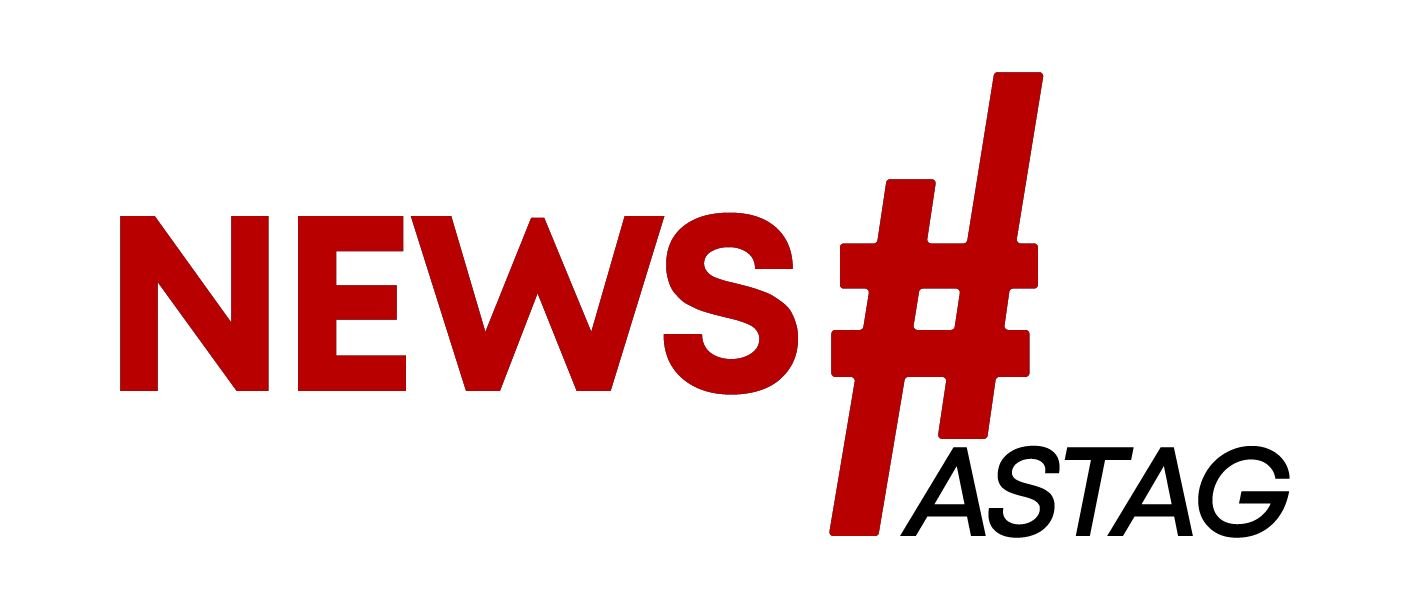In a concerning development, two US Navy sailors have been indicted and arrested on charges of allegedly providing sensitive US military information to Chinese intelligence officers. The arrested individuals, Jinchao Wei and Petty Officer Wenheng Zhao, are accused of engaging in separate incidents of espionage, compromising vital national defense information for monetary gain. This article delves into the details surrounding their arrests, the nature of the allegations against them, and the broader implications for US national security.
Arrest of Jinchao Wei
On a fateful day, Jinchao Wei, who served as a machinist’s mate on the USS Essex, was arrested upon arriving at Naval Base San Diego. The arrest followed an investigation into his alleged involvement in a “handler/asset” relationship with a Chinese intelligence officer, which purportedly began in February 2022. As a machinist’s mate, Wei was responsible for operating, maintaining, and repairing ship equipment, and he had access to restricted Navy computer systems due to his security clearance.
According to the indictment, Wei is accused of sending photographs and videos of the USS Essex and other Navy ships to the Chinese officer. Additionally, he allegedly transmitted numerous technical and mechanical manuals detailing the layouts and weapons systems of the ships. In exchange for this information, Wei allegedly received substantial financial compensation from the Chinese intelligence officer. Disturbingly, the indictment revealed that Wei obtained US citizenship during this period, a development allegedly celebrated by the Chinese officer on May 18, 2022.
Arrest of Petty Officer Wenheng Zhao
The second arrested sailor, Petty Officer Wenheng Zhao, worked at Naval Base Ventura County in Port Hueneme, California. The indictment against Zhao alleges that between August 2021 and May 2023, he provided sensitive US military information, including operational plans for a major military exercise in the Indo-Pacific, to an individual posing as a maritime economic researcher. This purported researcher was, in fact, a Chinese intelligence officer.
Zhao, who was entrusted with installing, repairing, and servicing electrical equipment on US military installations, also held a security clearance. Prosecutors claim that he took photographs of computer screens displaying “operational orders of military training exercises” and forwarded them to the Chinese officer. Additionally, Zhao allegedly shared photos of blueprints and diagrams of a US radar system stationed in Okinawa, Japan, which were labeled unclassified/for official use only.
Consequences and Broader Implications
The arrests of Wei and Zhao underscore the growing concerns within the US military regarding Chinese espionage activities. These cases represent a broader pattern of efforts by nation-state actors to infiltrate US ranks and obtain sensitive military information. The allegations against the arrested sailors serve as a stark reminder of the need for enhanced security measures to protect critical national defense data.
Moreover, the arrests come amidst rising apprehensions over China’s strategic advancements and military capabilities. With China’s navy now surpassing the size of the US Navy’s fleet, the US faces increased pressure to safeguard its military secrets and maintain its competitive edge. The allegations of espionage highlight the ongoing and brazen campaign by the People’s Republic of China to target US officials who possess access to sensitive military information.
The arrests of Jinchao Wei and Petty Officer Wenheng Zhao serve as a wake-up call for the US military and its commitment to safeguarding national defense information. As the cases unfold, the US authorities will conduct thorough investigations and prosecutions to protect the nation’s safety and security. The espionage allegations also raise broader questions about the need for more stringent measures to prevent unauthorized access to sensitive information and ensure that those entrusted with national defense responsibilities remain loyal to the country above all else.




